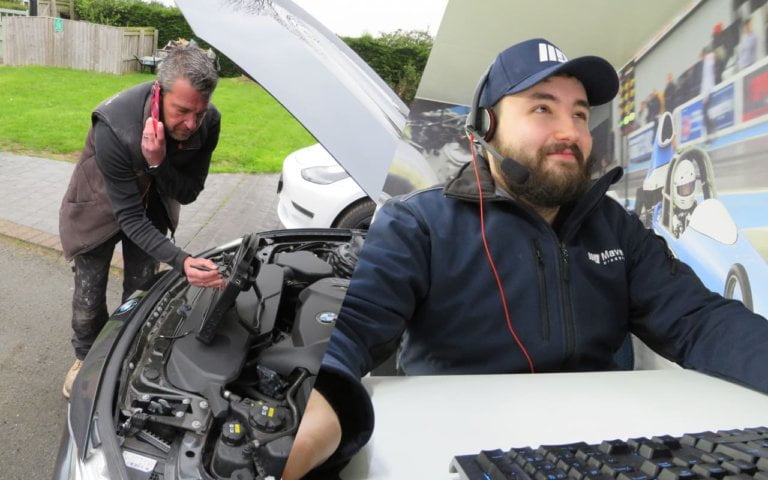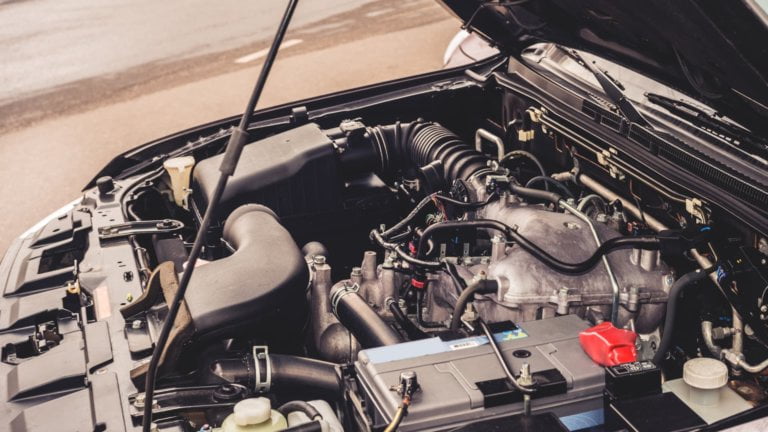Clone (counterfeit) diagnostic tools can be much cheaper than their genuine counterparts, but are they worth the saving?
Here’s a clue. We really don’t think so.
The Reasons to Avoid Clones
1. Simply put, they just don’t work like they used to
Nowadays, Vehicle Manufacturers are updating the software so frequently that by the time you have bought your clone, it will be out of date. All connections are made in the cloud meaning that you will almost certainly have trouble updating a counterfeit tool.
Even if you believe you have updated your software and device, you are exposing yourself to safety, legal and financial implications.
2. Vehicle manufacturers’ security has improved massively
We all have to accept that vehicle manufacturers employ very smart people, and, in many cases, they have employed actual hackers to test their own security.
Also, vehicle manufacturers have moved to using cloud-based platforms which makes it very difficult to copy or reverse engineer software.
- It is highly secure and impossible to copy.
- Security is often on a separate server and strictly controlled.
- The last guy to successfully crack Mercedes security was arrested in 2020 by Interpol and is now in a Russian prison.
In short, vehicle manufacturers (VM) have improved their security tremendously meaning that most VM software on the black market is out of date and can’t be updated. By buying counterfeit devices and software you are exposing yourself to serious legal implications.
3. You can’t use a counterfeit tool with genuine software
You may ask, why not just use a clone tool with the original software? That takes us back to our previous point. Most vehicle manufacturers have added device serial number recognition to their software meaning you won’t be able to connect.
Your device may even be bricked on connection!
4. The saving you make on the clone is not worth the potential damage
Are you covered if your clone bricks a car? If your clone tool malfunctions or has software issues, it can potentially damage the car’s electronics, itself, or both; leading to costly repairs. These tools do not come with a warranty you can trust, leaving you liable for any damages or faults that occur while using them.
5. No support or training available for clone tools
Who do you call for assistance? How do you send it back if it malfunctions? Where’s your warranty? Most counterfeit sellers don’t hang around – for obvious reasons, so there is nobody there to assist you if you need training or your divide stops working.
6. Functionality is limited compared to the original
Even if you manage to find one that works, you won’t have the same level of functionality as a genuine tool leaving you feeling frustrated and limited in your abilities as a workshop.
7. Quality (and therefore safety) is poor
You are exposing your customer and yourself to safety implications.
Confession time…like many other diagnostic technicians, we didn’t start using only original tools.
We have tried clone tools and we know from experience, that they will leave you high and dry. You get hooked on the potential of what they can offer. The clone tool shows you what is achievable, but at the end of the day, it’s close but no cigar.
Clone manufacturers do not use the same components and so the quality of these tools is not the same as of the original tools. Some functions will work, and some won’t. A clone tool is unlikely to stand up to heavy use in the workshop as most of them are designed for just occasional use.
So, how can you ensure the safety of your customer?
In conclusion
A few years ago, you could get away with buying cheaper counterfeit tools and software, but not anymore. You may make a saving on the initial purchase, but they could end up costing you a fortune.
What’s your experience with clone tools? Leave a comment on our LinkedIn post.





